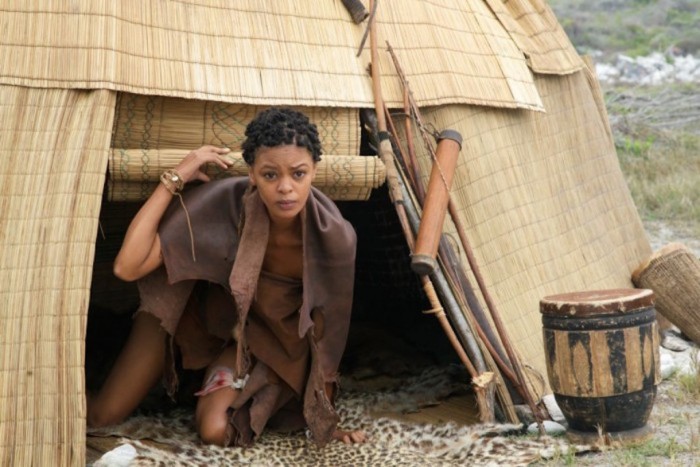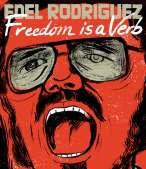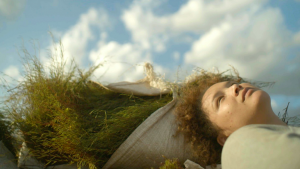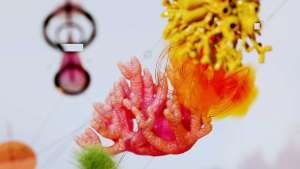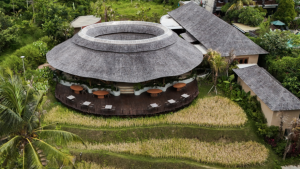“It’s a story about a woman who was torn apart because of the political order of the day. It’s a story about a historical figure that most people overlooked,” says Kaye Ann Williams.
The South African scriptwriter is part of the all female production team that brought the internationally acclaimed film, Krotoa to life.
Premiering in South Africa this Women’s month, the film has been recognised at eight international film festivals, including the International Film Festival for Environment, Health and Culture, and the World Film Awards.
Williams says the film plays an important role in uncovering the women who shaped South Africa’s multi-racial history.
“Often narratives about women, in particular, historical figures who are women are brushed aside and discounted,” says Williams. “But more and more, the female voice is being heard and respected. This is, therefore, an opportune time for the recounting of her story.”
Krotoa (she was named Eva by the Dutch) was a Khoi girl who had a gift for languages – a characteristic of South Africa’s indigenous people that has often been left out of the history books. At the age of 11, she was given to Dutch settler Jan van Riebeeck to work as his servant and interpreter.
Despite the patriarchal nature of Dutch society, Krotoa grew up to become his chief interpreter and played a key role in working out terms to end the Dutch-Khoi war in the 17th century.
But her position as a mediator put her at odds with her own people as their subjugation at the hands of the Dutch became more and more apparent. At the same time, her proximity to her own people left the Dutch suspicious of her motives. Trying to navigate these worlds as a woman would prove to be her undoing.
“She lived in a period where women’s rights were limited and yet she managed to elevate herself to become an interpreter and translator,” explains the film’s director and producer Roberta Durrant.
Durrant and Williams first began to piece together Krotoa’s story when they worked together on a local documentary series called Hidden Histories in 2013. “Through this, we realised that the facts of her life and various speculations and assumptions about her life made by various historians and cultural experts offered the possibility of a strong fictional narrative feature inspired by historical fact and speculation,” she adds.
Together with writer Margaret Goldsmid, Durrant and Williams created a narrative that centres the struggles and accomplishments of an indigenous woman in an industry that still favours men. For Williams, finding support and credibility as an all-women team was one of the major challenges the team had to overcome.
“When men are involved it is assumed that film is good until proven otherwise but the reverse is true for women – one first has to prove before we are supported.”
As a coloured woman, Williams says the project has shaped the way she sees herself in light of the racial tension and misogyny in South Africa.
“The research process allowed me to work through my own challenges as a coloured woman. It helped me shape the kind of mother I have become to my son and daughter. Also, it helped me appreciate my physical self.”
The film is scheduled for release in 22 South African cinemas after a successful international run. Durrant believes it’s only up from here.
“Women are finding their place in our industry I’m excited about this. I have worked, and continue to work with the most talented and dedicated women in the industry. It can only get better.”

